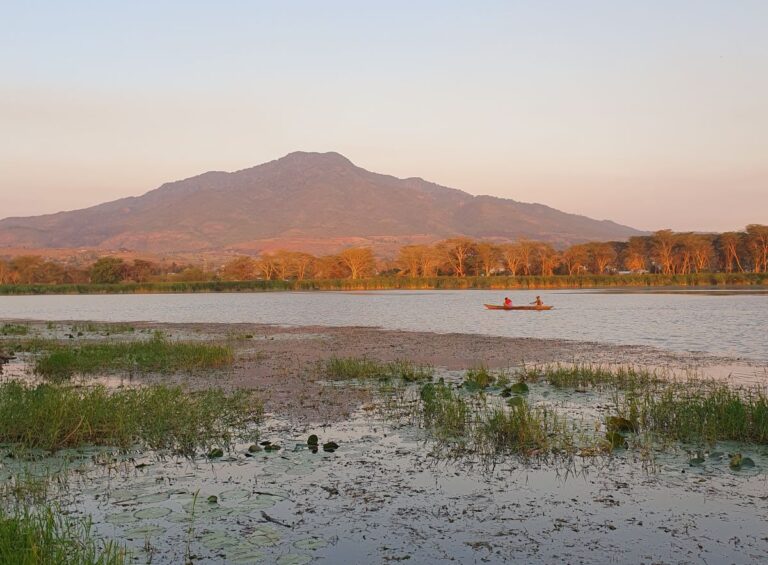Co-designing transdisciplinary research for water security and adaptation: lessons from the BASIN project

Download
BASIN Insight Brief 2
Authors: Will Ingram, Denyse Dookie, Katarzyna Mikołajczak, Katharine Vincent, Tim Brewer, Djibril Barry, Hans Komakech, Abel Degange, Walter Chinangwa, Lina Taing, Christina Mhando, Astrid Thorseth, Julie Truelove, Christossy Lalika, Vitus Tondelo Gungulundi, Alastair Punch, Jeanette L. Kaiser, Miriam Joshua, Vincent Casey, Declan Conway, Kate Gannon
The BASIN project – Behavioural Adaptation for Water Security and Inclusion – is breaking new ground by bringing behavioural research into the challenging area of climate change adaptation and water insecurity in sub-Saharan Africa. BASIN is a large transdisciplinary research project made up of four universities, three NGOs across seven country offices, and an intermediary knowledge broker organisation, with up to 50 team members at any one time. The process of designing the project is therefore new and exploratory, both in terms of the subject matter and the priorities of the partners. From its conception, BASIN has followed an integrated, synthesised approach to co-designing research to reconcile the different priorities and cultures of research and practice. This co-design process is outlined within this brief.
Key messages
- The transdisciplinary BASIN project employs a novel co-design process to integrate the needs of academic and practitioner partners, shaping a targeted research agenda that addresses the real-world challenges faced by non-governmental organisations (NGOs) in the water sector in Africa.
- BASIN has followed a five-step approach to integrate the needs of NGO programming with research planning. This has promoted buy-in from partners, while sharing capacity-building and learning, and accommodating the diversity of experience and approaches that would otherwise remain siloed. Forms of expertise from non-academic actors are better represented as a result, and the co-design of research is better suited for building real adaptation in water security.
- The co-design process has shown that a deeper understanding of the real-world contexts that underpin behaviour is essential for actionable behavioural interventions or programming. This finding reinforces the need for systems thinking identified in the BASIN project. Case studies being researched in the project are complex and multi-scale. The process has selected some case studies suited to further and faster progress towards programmatic interventions, and other case studies for slower, more exploratory and rigorous understanding of behaviours and their determinants.
- The co-design process has been long, and the need to balance researcher and NGO expectations, objectives and timelines has been challenging at times. However, the process minimises the risk of inappropriate interventions being designed and has promoted cross-fertilisation of approaches and ways of thinking, along with inclusive project activities.
- Insights from this process can inform future project implementation efforts and provide actionable guidance for adaptation in different contexts.

